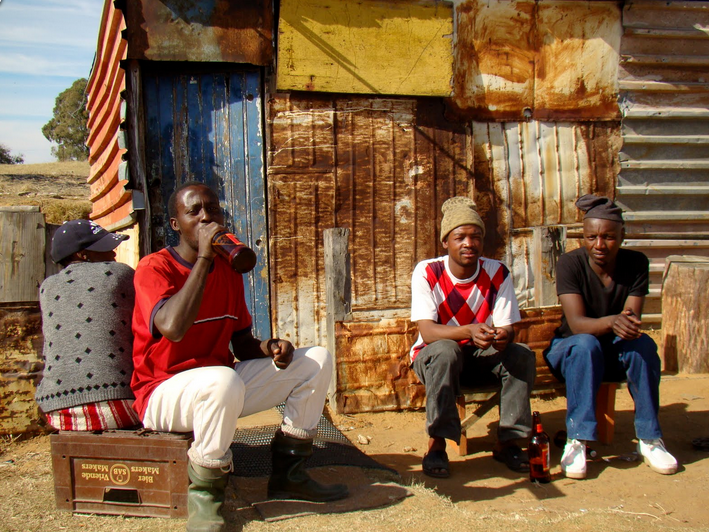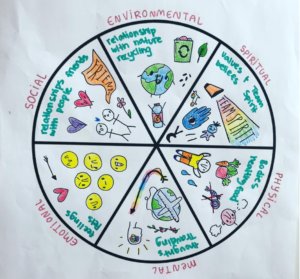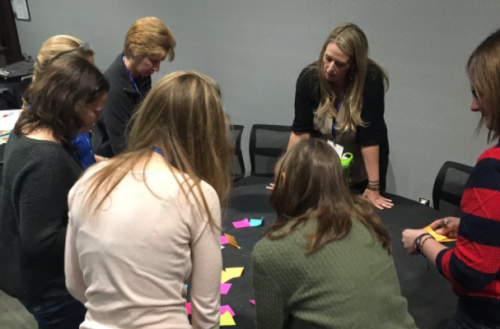This just in from Time Magazine…
“Africa has a drinking problem. It is the new darling of multinational beverage companies looking to drive profits in an increasingly booze-saturated world. The continent has the perfect emerging market conditions: a relatively small amount of commercial alcohol is being consumed; there is a rising middle class with disposable income; a huge market of young people is about to come of age…”
Wow. Certainly upsetting, but hardly surprising.
“…amidst soaring food prices, governments are applying tax-breaks to booze, which, according to the World Health Organization, kills more people than AIDS or tuberculosis”
This article would be great to share with a high school class… Health, Social Studies, Global Issues. It clearly explains how large alcohol companies target marginalized people through advertising, and paints a darker picture of the realities of alcohol abuse.
The numbers are scary… 12% of 15-24 year-olds in Kenya are hooked on alcohol. While most of us would see this as a problem, the alcohol companies see it as an opportunity.
Costs are high to any society where alcohol is offered cheaply, advertised abundantly, and regulated loosely… but in a place like Kenya, they become even higher.
More on the alcohol problem in Kenya:
VOA News: Kenyan Officials Say Alcohol Abuse is a National Tragedy




